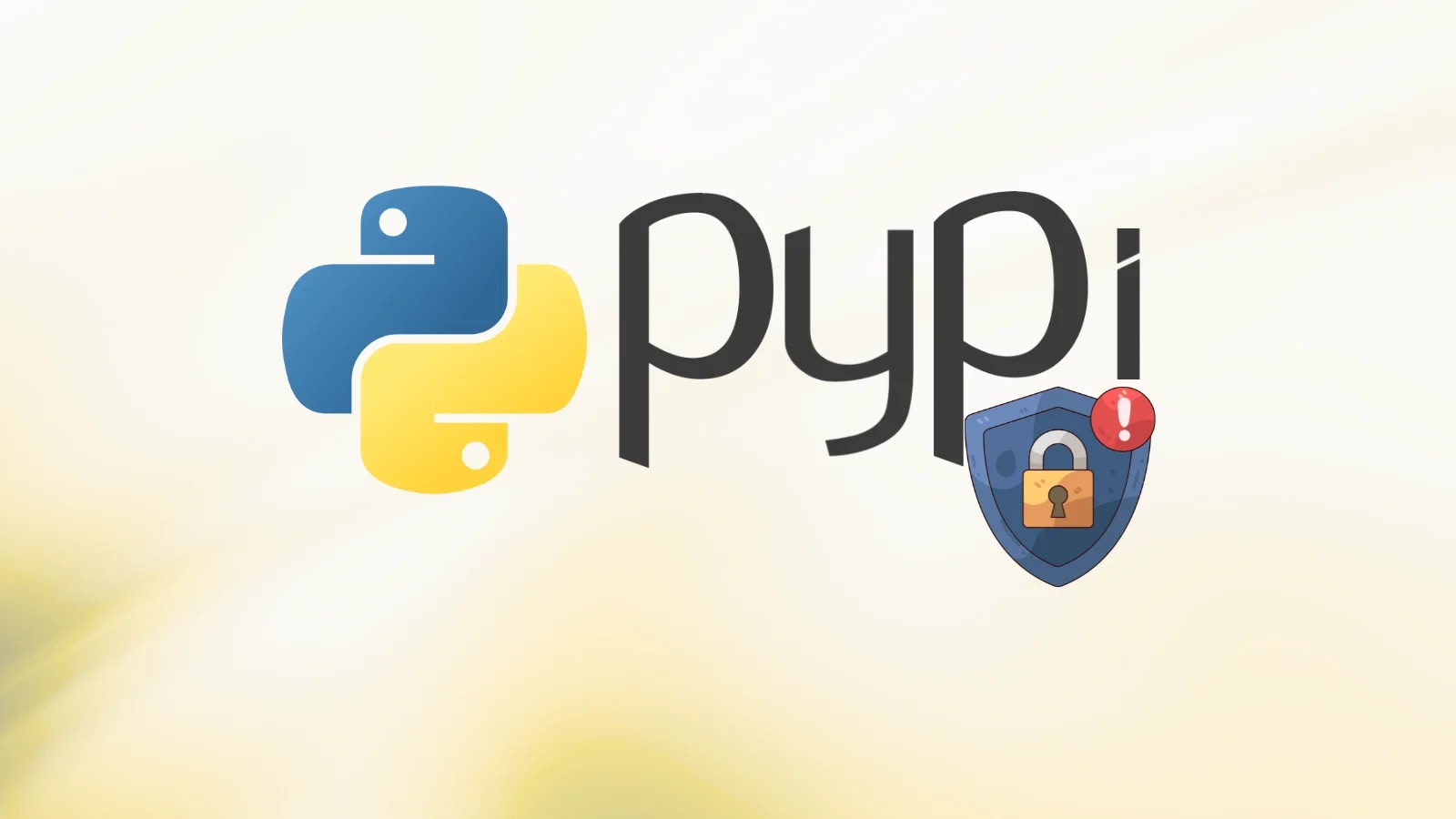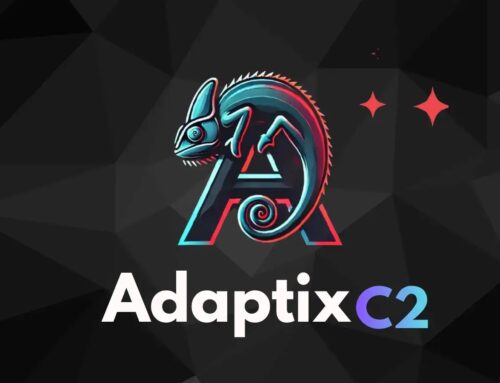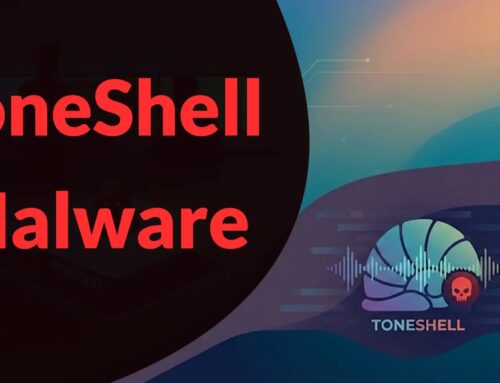
Hackers Injecting Malicious Code into GitHub Actions Workflows to Steal PyPI Publishing Tokens
The integrity of the software supply chain is paramount. When foundational components like package managers are targeted, the ripple effects can be catastrophic. Recently, a widespread campaign revealed a concerning vulnerability: attackers injected malicious code into GitHub Actions workflows to steal Python Package Index (PyPI) publishing tokens. While PyPI administrators confirmed their platform remained uncompromised and the stolen tokens were not utilized, this incident serves as a stark reminder of the persistent threats facing developers and organizations alike.
Understanding the Attack Vector: GitHub Actions and PyPI Tokens
At the heart of this attack lies the clever exploitation of GitHub Actions, an event-driven automation platform for software development workflows. Developers often configure GitHub Actions to automate tasks such as testing, building, and publishing packages to registries like PyPI.
PyPI publishing tokens are essentially API keys that grant permission to upload new versions of Python packages to the PyPI repository. These tokens are highly sensitive credentials, typically stored as GitHub secrets within repository settings to prevent their exposure in plain text within codebase or logs. The attack exploited a weakness in how these tokens were handled or accessed within compromised workflows, allowing the malicious code to exfiltrate them.
The Modus Operandi: Code Injection and Token Exfiltration
Attackers leveraged code injection techniques to subtly introduce malicious instructions into existing GitHub Actions workflows. This isn’t a direct breach of GitHub’s security but rather an abuse of the trust placed in third-party actions or a compromise of repository maintainers who then inadvertently incorporate malicious code. Once injected, this code would execute as part of the normal workflow process.
The primary objective was the exfiltration of PyPI publishing tokens. While the exact method of injection can vary (e.g., malicious pull requests, compromised dependencies), the outcome was consistent: sensitive tokens, intended to be secure within GitHub secrets, were accessed and transmitted to attacker-controlled infrastructure. This sophisticated approach highlights the evolving nature of software supply chain attacks, moving beyond simple repository compromises to target the automated pipelines that deliver software.
PyPI’s Response and the Broader Implications
Kudos to the PyPI administrators, who acted swiftly. They confirmed that the PyPI platform itself remained secure and that there was no evidence of the stolen tokens being used to publish malicious packages. This is crucial as successful exploitation could have led to widespread distribution of trojanized Python libraries, impacting countless downstream users. The vigilance and prompt action from the PyPI team prevented a larger incident.
However, the campaign still underscores significant concerns:
- Supply Chain Vulnerabilities: This incident demonstrates the fragility of the software supply chain, where a compromise at one point (like a GitHub workflow) can have severe downstream effects.
- Developer Best Practices: It reinforces the need for developers to exercise extreme caution when integrating third-party actions or dependencies into their build processes.
- Credential Management: Even with secrets management in place, the methods by which those secrets are accessed and used within automated workflows need continuous scrutiny.
Remediation Actions and Secure Development Practices
Protecting against such sophisticated attacks requires a multi-faceted approach. Developers and organizations must prioritize security throughout their software development lifecycle (SDLC).
Immediate Actions for Developers and Repository Maintainers:
- Rotate PyPI Tokens: Immediately revoke and regenerate all PyPI publishing tokens associated with any GitHub repository that utilizes Actions.
- Audit GitHub Actions Workflows: Thoroughly review all existing GitHub Actions workflows for suspicious code, unauthorized changes, or newly introduced steps. Pay close attention to actions that interact with sensitive credentials.
- Scrutinize Third-Party Actions: Before integrating any third-party GitHub Action, verify its authenticity, reputation, and security. Pin actions to a full commit SHA rather than a branch or tag to prevent unexpected changes.
- Implement Least Privilege: Ensure that PyPI tokens (and all other secrets) are granted only the necessary permissions required for their function.
Long-Term Security Enhancements:
- Enable OIDC for PyPI: PyPI supports OpenID Connect (OIDC) for passwordless authentication with GitHub Actions. This allows for ephemeral, short-lived tokens, significantly reducing the risk associated with long-lived static tokens. This is a critical mitigation strategy.
- Static Application Security Testing (SAST): Integrate SAST tools into your CI/CD pipelines to automatically scan code for vulnerabilities, including potential injection points.
- Dynamic Application Security Testing (DAST): Employ DAST tools to analyze applications in their running state, identifying runtime vulnerabilities that SAST might miss.
- Supply Chain Security Tools: Utilize tools that help secure your software supply chain by verifying dependencies and monitoring for known vulnerabilities.
- Security Training: Regularly educate development teams on secure coding practices, common attack vectors, and the importance of supply chain security.
Relevant Tools for Detection and Mitigation:
| Tool Name | Purpose | Link |
|---|---|---|
| GitHub CodeQL | Static analysis for vulnerabilities in codebases. | https://codeql.github.com/ |
| Dependabot | Automatically updates dependencies and alerts on known vulnerabilities. | https://github.com/dependabot |
| Snyk | Developer-first security platform for finding and fixing vulnerabilities in code, dependencies, and containers. | https://snyk.io/ |
| OWASP Dependency-Check | Open-source utility that identifies project dependencies and checks for known, publicly disclosed vulnerabilities. | https://owasp.org/www-project-dependency-check/ |
Key Takeaways and Moving Forward
The incident where attackers injected malicious code into GitHub Actions workflows to steal PyPI publishing tokens serves as a critical warning. While the immediate threat to PyPI was neutralized, the attack spotlights the ongoing need for robust security practices within automated development pipelines. Developers must remain vigilant, prioritize the principle of least privilege, diligently audit their workflows, and embrace modern authentication methods like OIDC for sensitive credentials. Strengthening the software supply chain against such sophisticated attacks is a collective responsibility, requiring continuous education, proactive security measures, and the adoption of resilient development practices.





